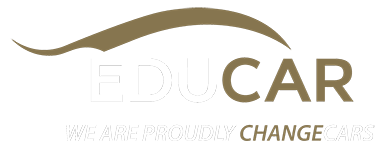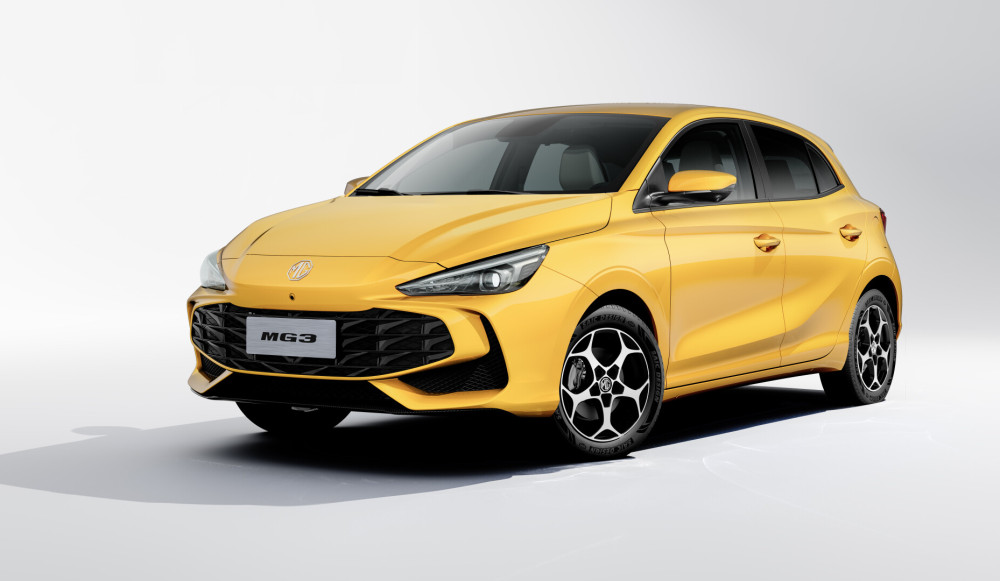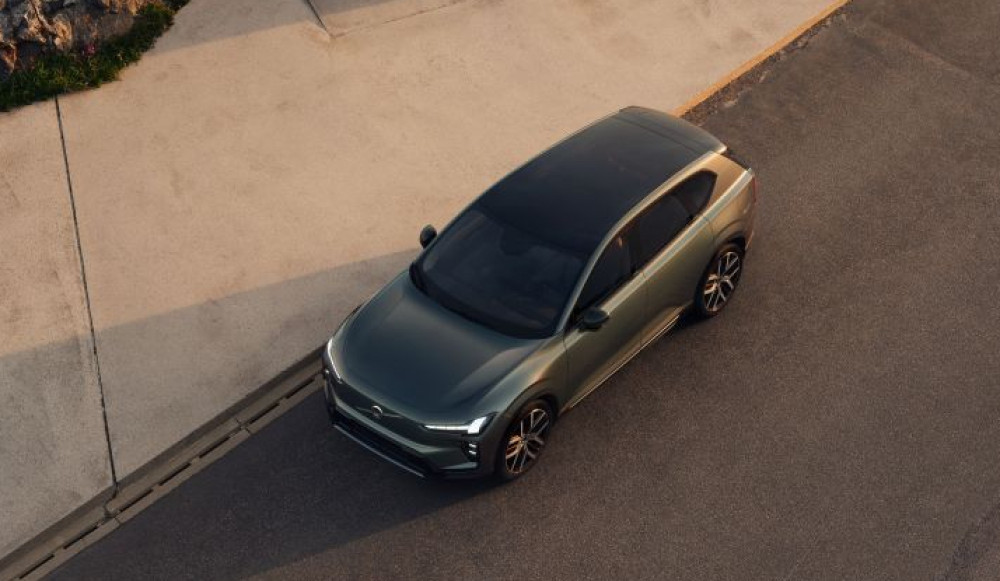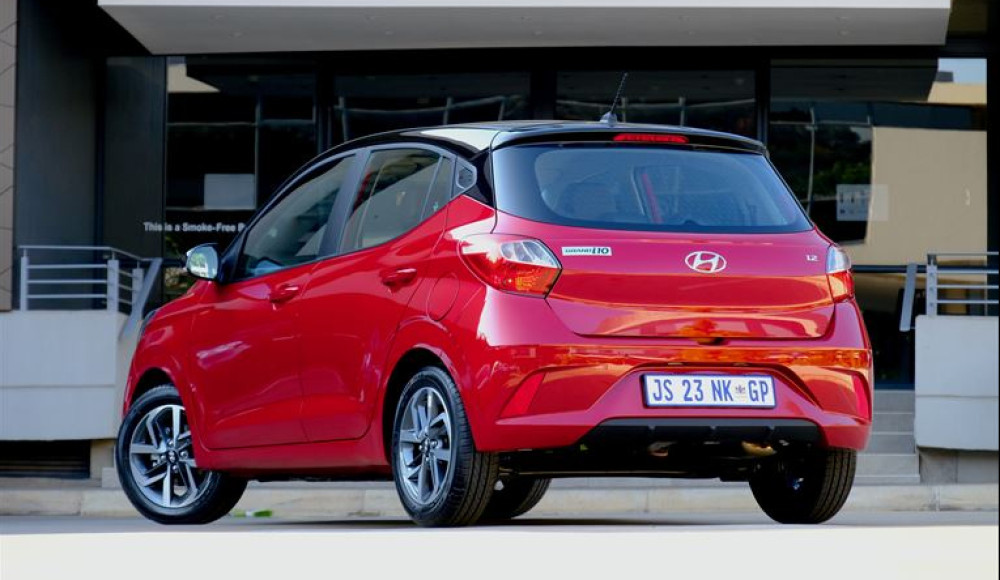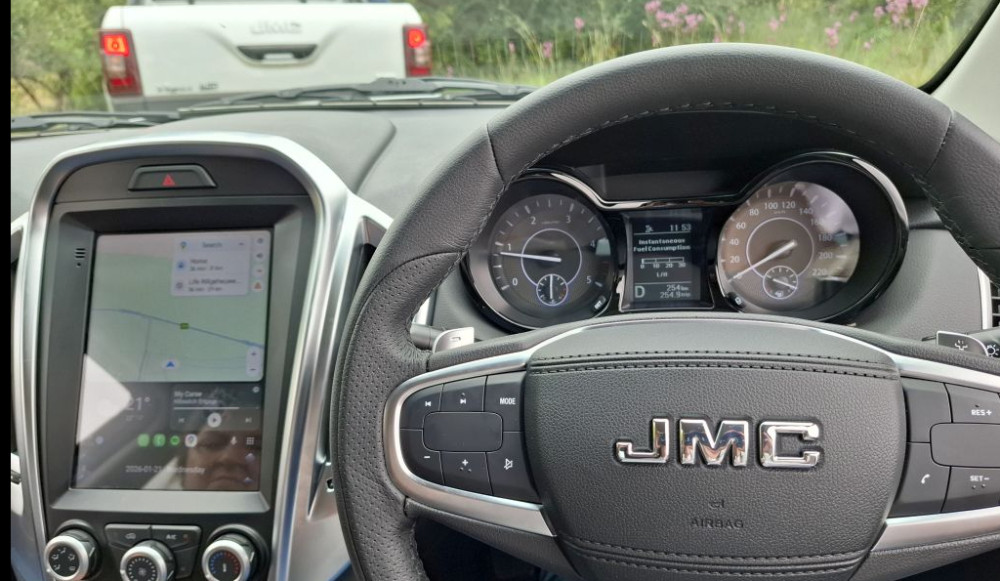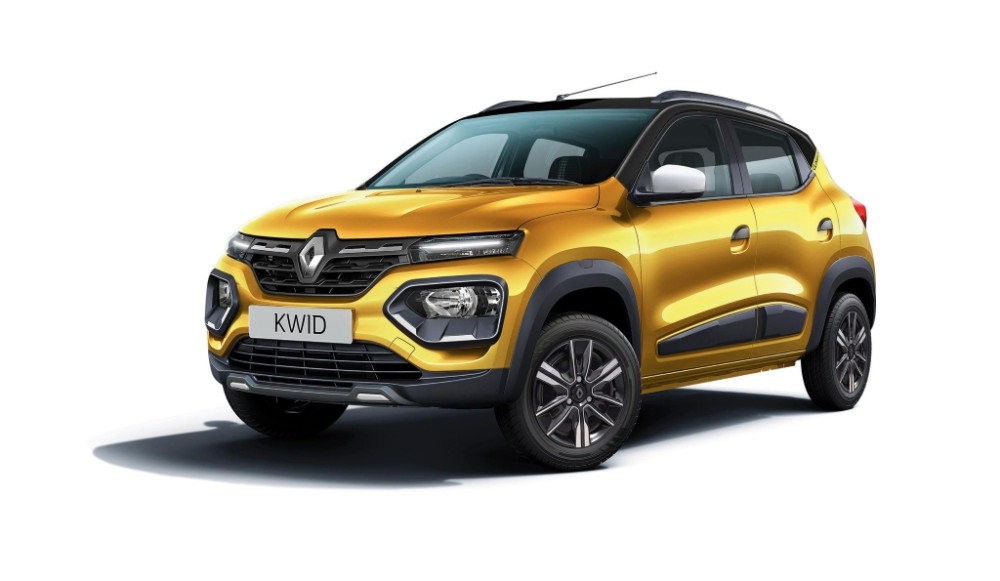For generations, the sight of a sleek saloon car was a hallmark of South African success, a symbol of comfort and arrival on our roads. But as the automotive world tilts decisively towards high-riding SUVs and crossovers, a pressing question emerges: is there still a parking bay for the traditional sedan in the hearts and garages of South Africs?
An analysis of sales data and market trends reveals a market in transition, where the saloon is far from dead, but is being forced to carve out a new, more niche identity.

Looking for a safe car for a student then click here
The latest figures from Naamsa, the Automotive Business Council, paint a clear picture of this shift and SUV and crossover sales have continued their relentless climb, now accounting for a dominant share of the new passenger vehicle market. In stark contrast, the market share for traditional passenger cars, which is overwhelmingly comprised of saloons, has contracted to a figure industry insiders describe as historically low. This isn't a sudden crash, but rather the acceleration of a steady decline that has been building for years.
The reasons for this great migration are well-documented. South African buyers, like their global counterparts, are drawn to the commanding driving position, perceived safety and inherent versatility of an SUV.
Our unique road conditions, a mix of world-class highways and notorious potholes, further cement the appeal of higher ground clearance. Compounding this, global manufacturers have been strategically culling their sedan line-ups in favour of the more profitable SUV segments, leaving South African showrooms with fewer new sedan choices than ever before.

Great insurance is as vital as safe driving – click here to find out more
However, to write the saloon's obituary would be premature. A deeper look shows it is finding resilience in specific, well-defended niches. The budget-conscious market remains a stronghold. Models like the Toyota Corolla Quest continue to post consistent sales, offering unparalleled value, legendary reliability and lower running costs that resonate deeply in a strained economy. For many first-time car buyers and cost-sensitive families, a saloon still represents the most car for their rand.
Beyond the entry-level, the corporate and fleet sector provides a steady, if unglamorous, stream of demand. Sedans like the Volkswagen Polo Vivo and similar offerings are a common sight in company car parks and rental fleets, prized for their fuel efficiency and affordability over the total cost of ownership.
Perhaps most significantly, the luxury saloon segment is proving remarkably resistant to the SUV onslaught. For purists and enthusiasts, the driving dynamics, lower centre of gravity and timeless prestige of a BMW 3 Series or a Mercedes-Benz C-Class are attributes an SUV cannot replicate. The luxury sedan, it seems, is weathering the storm by appealing to the soul of the driver.

Need finance – click here for the very best finance deals for your new car
The future of the South African saloon, therefore, is not one of revival but of reinvention. It is no longer the default family car but is becoming a deliberate choice for the value-driven, the fleet manager and the driving purist. As one industry analyst recently noted, the conversation is shifting from practicality to passion and prudence in certain segments.
With the electric vehicle revolution on the horizon, some experts suggest sedans' inherently superior aerodynamics could position them for a quiet comeback in the EV space, though that remains a future prospect. For now, the iconic saloon car is not disappearing from our roads; it is simply learning to share them, adapting to a new reality where South Africans increasingly choose to look down on the road, rather than straight along it.
Colin Windell for Colin-on-Cars in association with
proudly CHANGECARS
